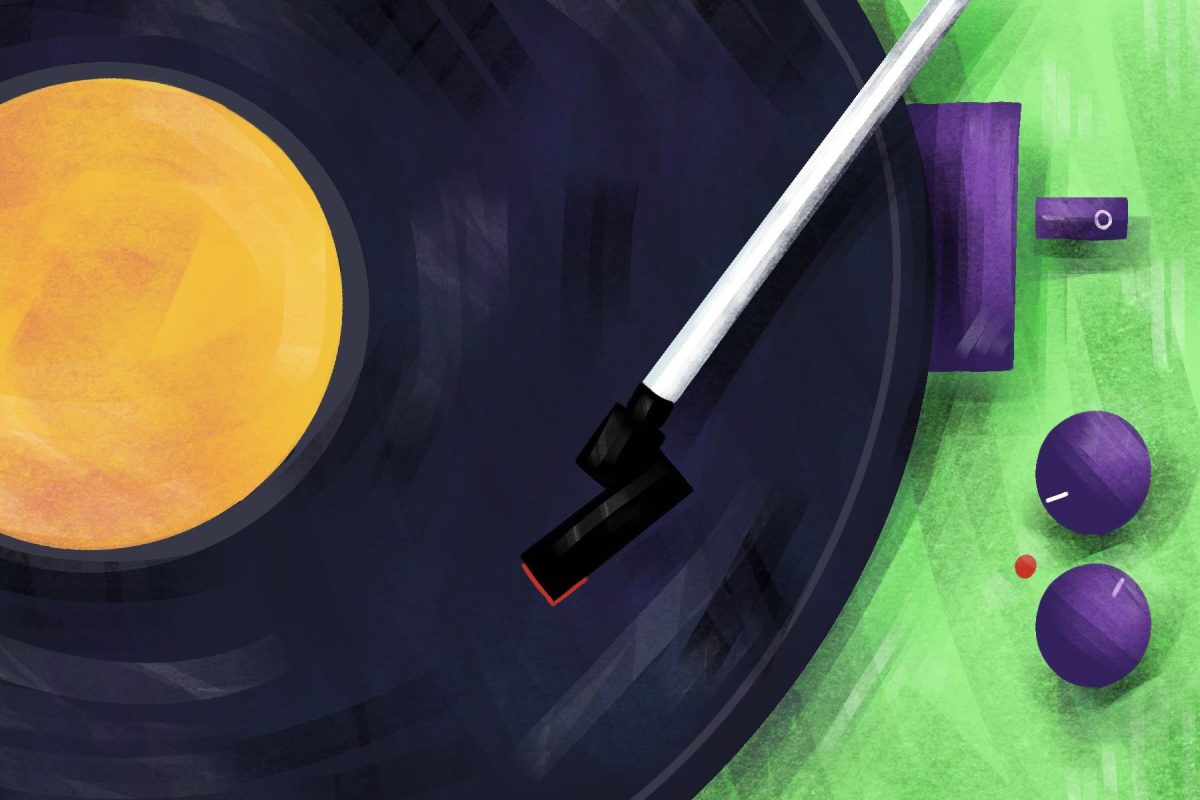If you’re one of the 12 million Americans who relies on student loans to pay for college, heads up – things are about to get ugly.
Monday, Congress missed its deadline to preserve current interest rates on student loans. This means the interest rate on all future student loans will literally double, from 3.4 percent to 6.8 percent.
Even if you pay for college out-of-pocket, you should be angry about this.
The federal government is set to make $51 billion from student loan borrowers just this year. Interest rates on student loans are already higher than they’ve ever been. Student debt is higher in America than any other kind of household debt, except mortgages.
But Congress couldn’t be bothered to create a bipartisan deal, so 60 percent of us will be forced to start paying just a little more.
The sad thing is, we don’t pay so much because we can afford it. We pay so much because we have no other choice, and the government knows and profits from this. College is no longer for the elite; in this economy, college is for anyone who wants a decent shot at work. We’re willing to put up with things that no other demographic would tolerate, because we are terrified of the abysmal job market. We know that a four-year degree might quite possibly be the only way to ensure that we stand out.
Recent surveys support the notion that college is crucial. According to a CareerBuilder survey released earlier this summer, 1 in 5 employers have increased their educational requirements for employees within the last five years. Furthermore, almost 40 percent of employers said they wouldn’t promote someone who didn’t have a degree.
Forty-four percent of employers said they wouldn’t even consider hiring anyone who didn’t have a four-year degree.
Based on these figures, it’s time that our government discarded the old view of college. Congress needs to understand that by raising interest rates, it’s not just restricting access to a luxury good. It’s smothering low-income Americans for whom college is one of the only opportunities to break the cycle of poverty.
I’d go so far as to say it’s reinforcing an artificial class barrier, created by a system where you need a degree to make money, but only the rich can afford a degree.
July Fourth, Congress will take a recess. When they return, some congressmen have discussed the possibility of retroactively lowering interest rates to their previous levels. Clearly, Congress needs some pressure in that direction.
So if you plan on taking out student loans in the future, this is your window to write your congressperson. Let them know what this issue means to you and how it’ll affect your vote in the next election cycle.
Ten years from now, when you’re looking at your finances, you may be glad you did.
Nathan James is a junior majoring in public relations.








